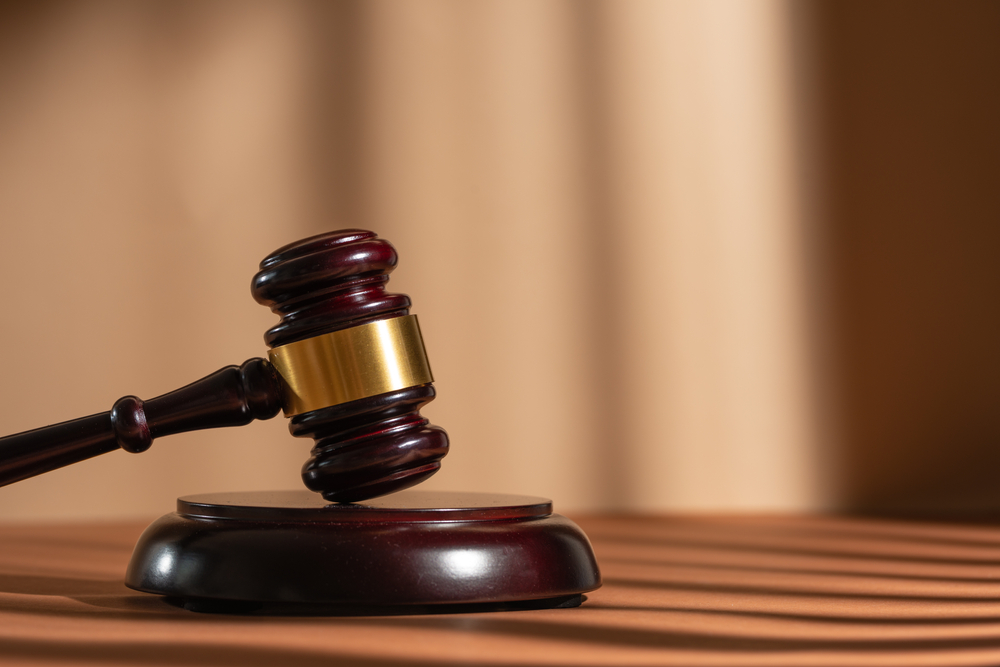Chief Judge Kimberly A. Moore of the US Court of Appeals for the Federal Circuit has filed a complaint against fellow judge Pauline Newman, alleging that she is unfit to fulfill her duties and has failed to keep up with her workload. The complaint, filed under the 1980 Judicial Conduct and Disability Act, can result in a range of sanctions, including a request for a judge to retire voluntarily. Newman, who was nominated to the Federal Circuit by former President Ronald Reagan and confirmed in 1984, is 95 years old. Some sources have speculated that the complaint may focus on her physical or mental abilities.
The allegations against Newman for the habitual delay in issuing decisions were described as “unprecedented” by some attorneys and legal academics. However, one source said that Newman has “always been one of the slower judges on the court” and that her speed is attributed to being “an extraordinarily careful writer.”
If the complaint goes through a committee investigation to collect evidence, Newman may provide evidence to a judicial counsel. Following this, a seven-member body comprising appellate judges from a variety of circuits would come to a decision on the matter. The Federal Circuit’s clerk’s office did not respond to requests for comment.
The Judicial Conduct and Disability Act contains a provision that allows complaints to be transferred to other appeals courts for review and potential investigation. “The fact that you have a chief judge initiating a complaint against a long-time colleague would suggest this ought to be handled by the chief judge and circuit council” of another federal appeals court, said Arthur Hellman, a law professor at the University of Pittsburgh and an expert on the structure of the federal appellate court system and judicial ethics.
The report further alleged that Moore gave Newman an offer to take senior status and avoid the complaint process. However, one knowledgeable source said the offer is confusing because “if somebody is incompetent, it shouldn’t matter if they’re hearing one case or five cases.”
Former Newman clerk Brian Abramson, a patent vaccine expert, said the judge, despite her age, was in good health. “I’ve spoken with her and visited in chambers with her in December, and she is certainly as lucid and possessed of her faculties as she’s ever been.”
If Newman took senior status, it would create a vacancy on the influential Federal Circuit, which has exclusive appellate jurisdiction over patent cases. IP Watchdog’s report included speculation that Moore could be motivated to create a spot that the Biden Administration could then fill. However, former law clerk for Federal Circuit Judge Timothy B. Dyk and executive director of the Public Interest Patent Law Institute, Alex Moss, said she had only learned about the complaint from a press report and hadn’t seen the document. She said suggestions that political motivations influenced Moore don’t add up.
“The idea Judge Moore would do this out of a desire to help President Biden is preposterous,” Moss said. “Among countless reasons, it ignores that she was appointed by a Republican president, George W. Bush. “It’s a shame this has become fodder for speculation,” she said. “Judge Moore and Judge Newman are both legends of the law who deserve the utmost respect. Speculating about their motives is wrong.”
In 2022, 375 complaints were filed across the federal judiciary against appellate judges and 866 against district court judges, but only 12 of those cases survived early dismissal.
In conclusion, the recent complaint filed by Federal Circuit Chief Judge Kimberly A. Moore against Judge Pauline Newman for the alleged habitual delay in issuing decisions is an unprecedented move that has raised concerns among legal academics and attorneys. The complaint, filed under the Judicial Conduct and Disability Act, could result in a range of sanctions, including a request for Judge Newman to retire voluntarily. While it remains unclear where the complaint is in the procedural process and whether it focuses on Judge Newman’s physical or mental abilities, the case has already sparked speculation and controversy. Regardless of the outcome of this case, it is a reminder of the importance of maintaining high standards of judicial conduct and upholding the integrity of the legal system.

